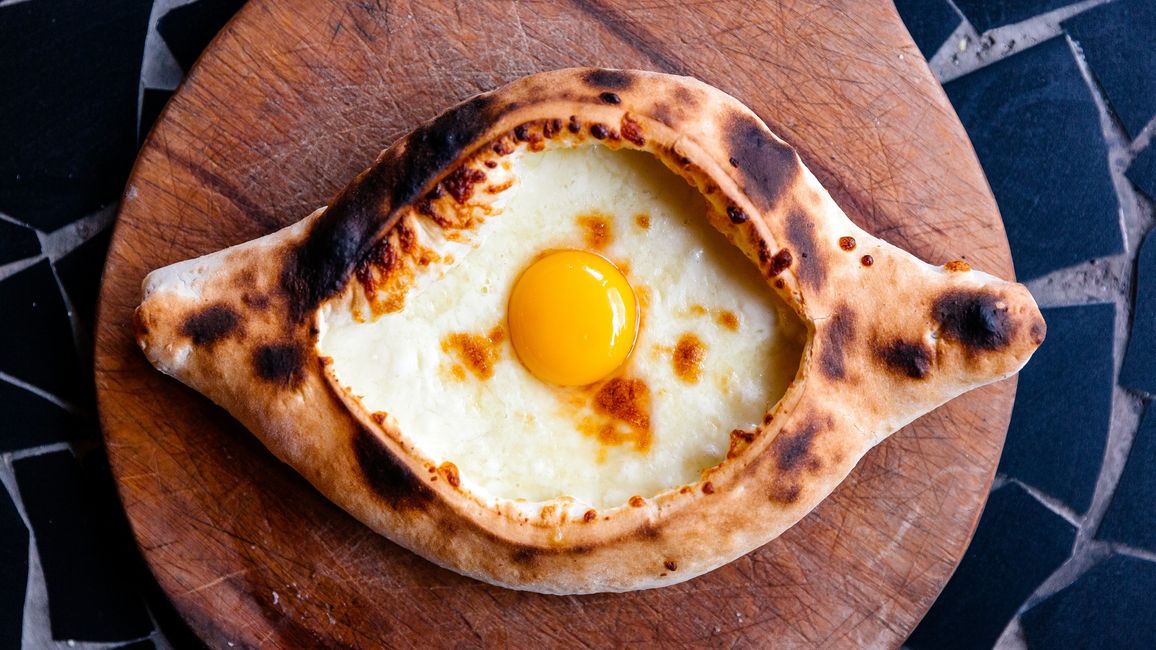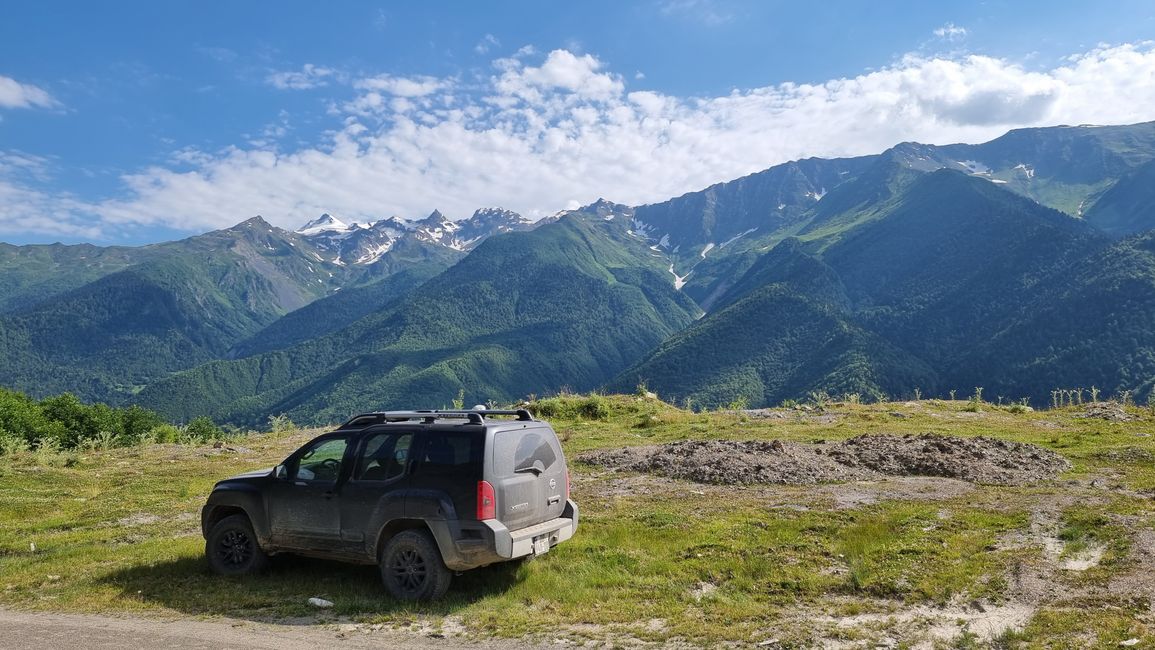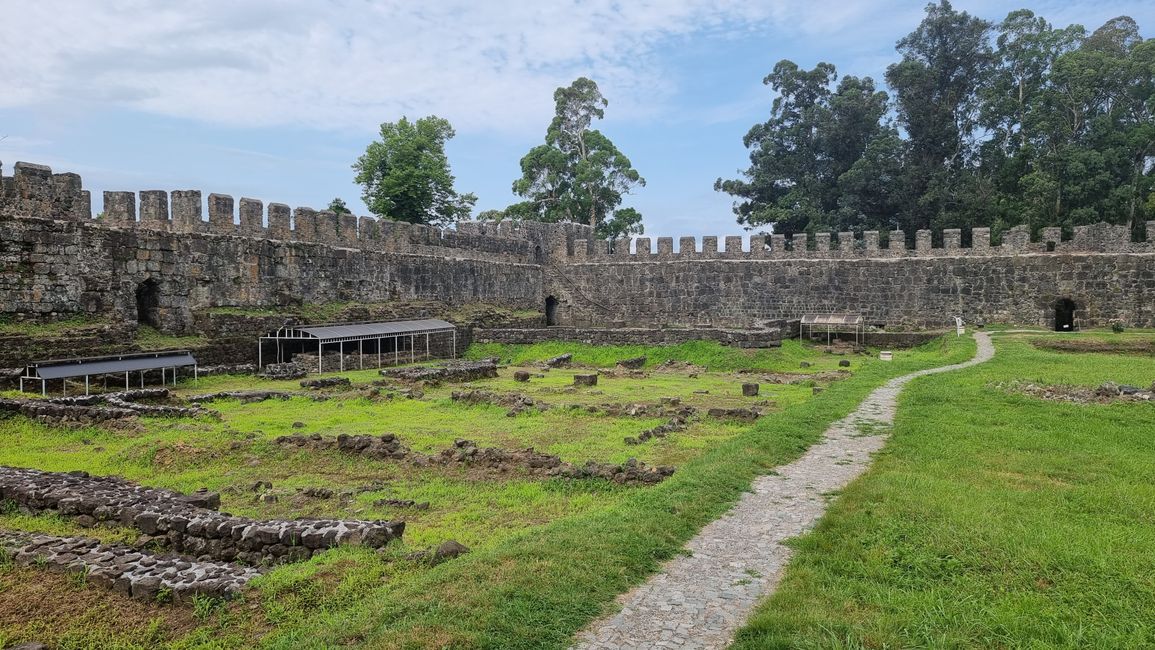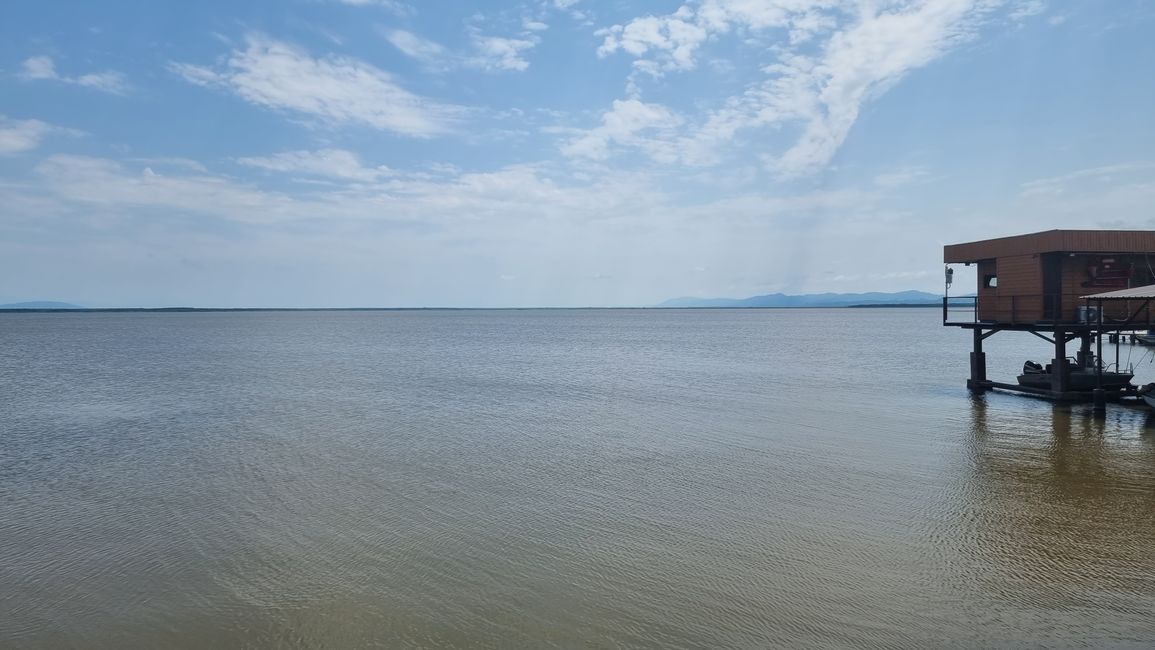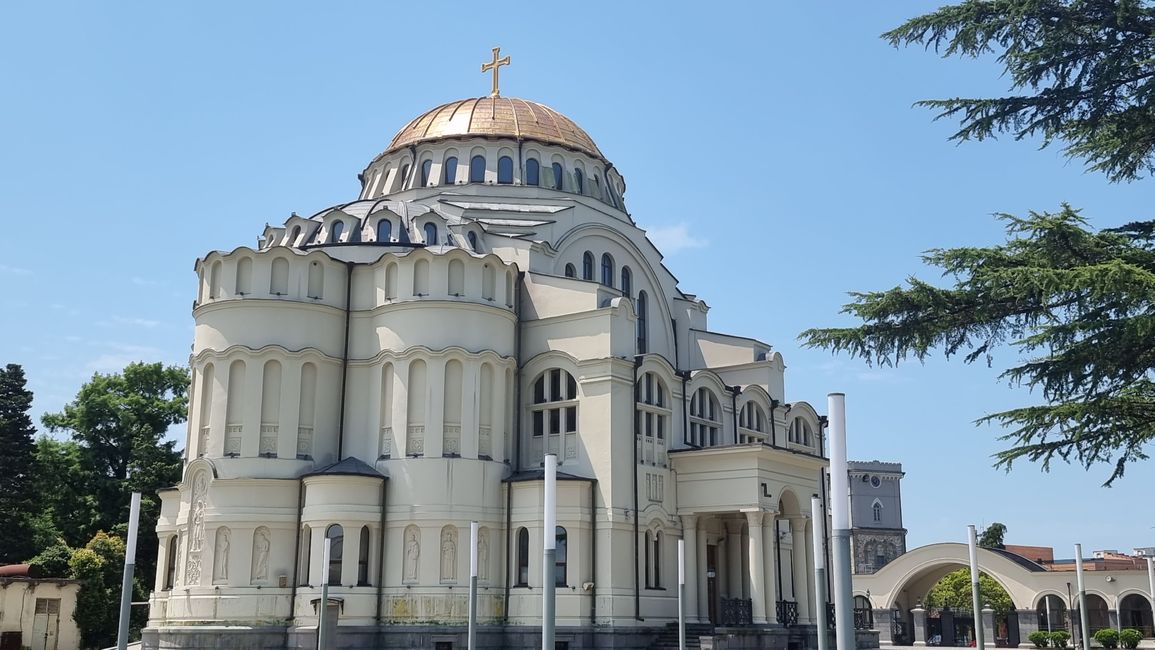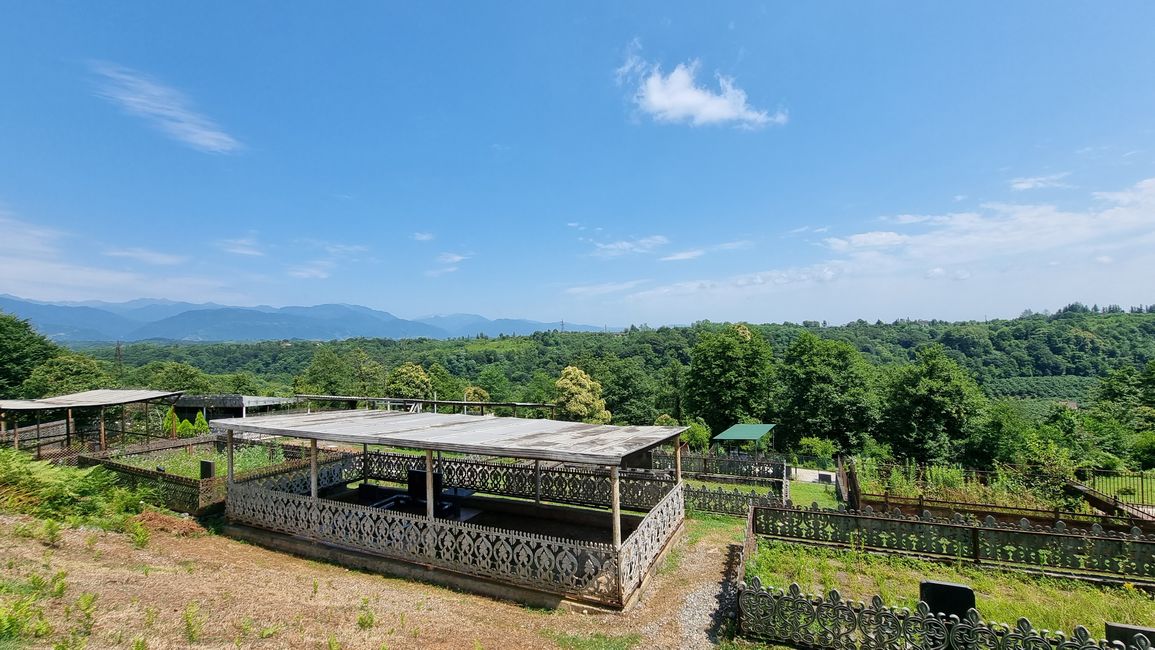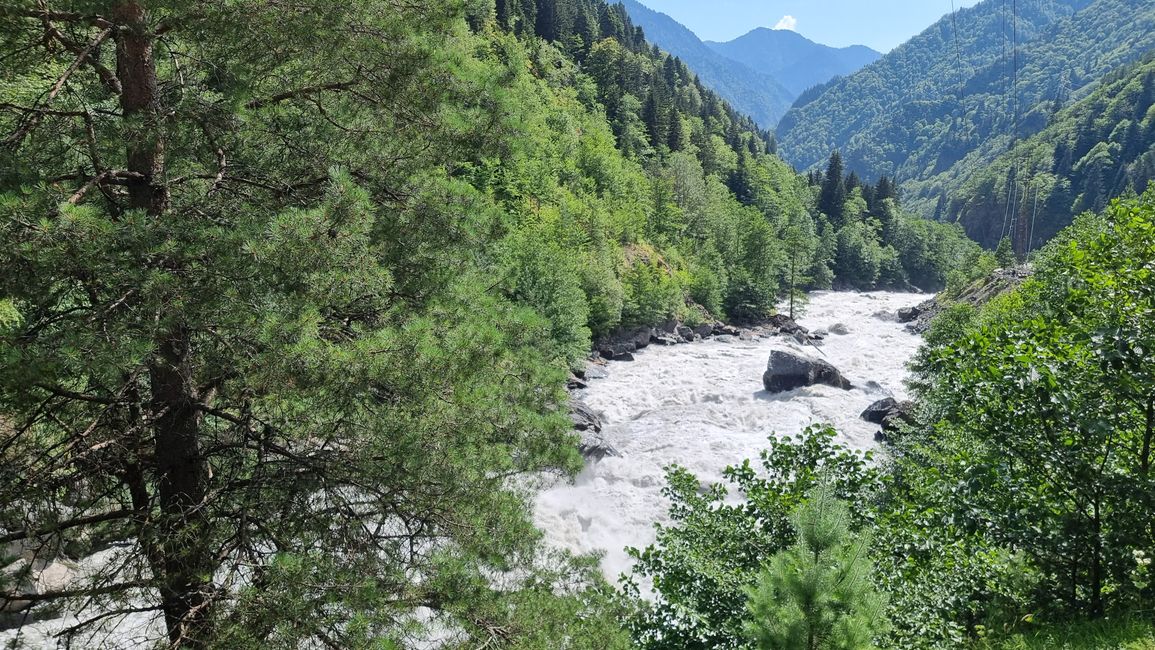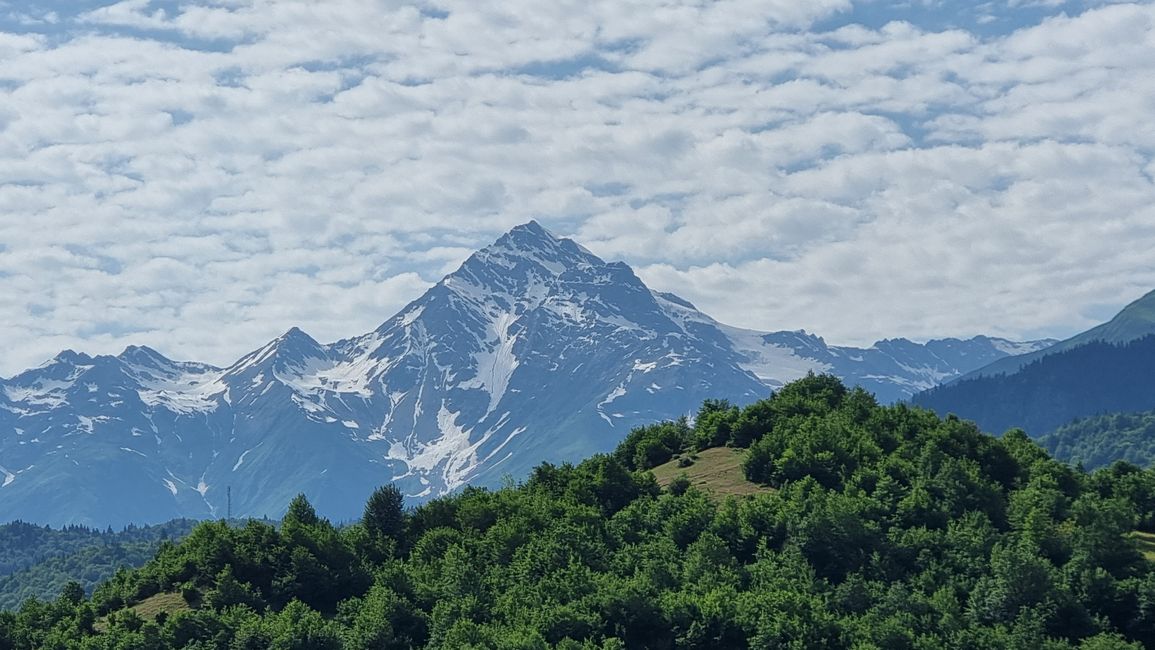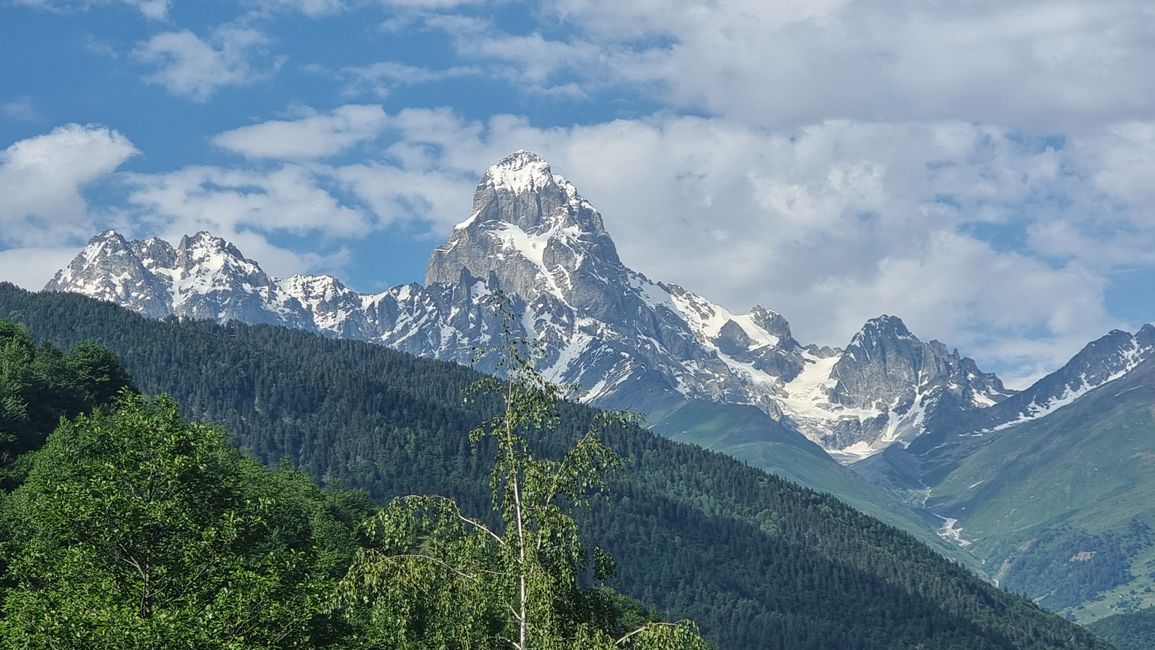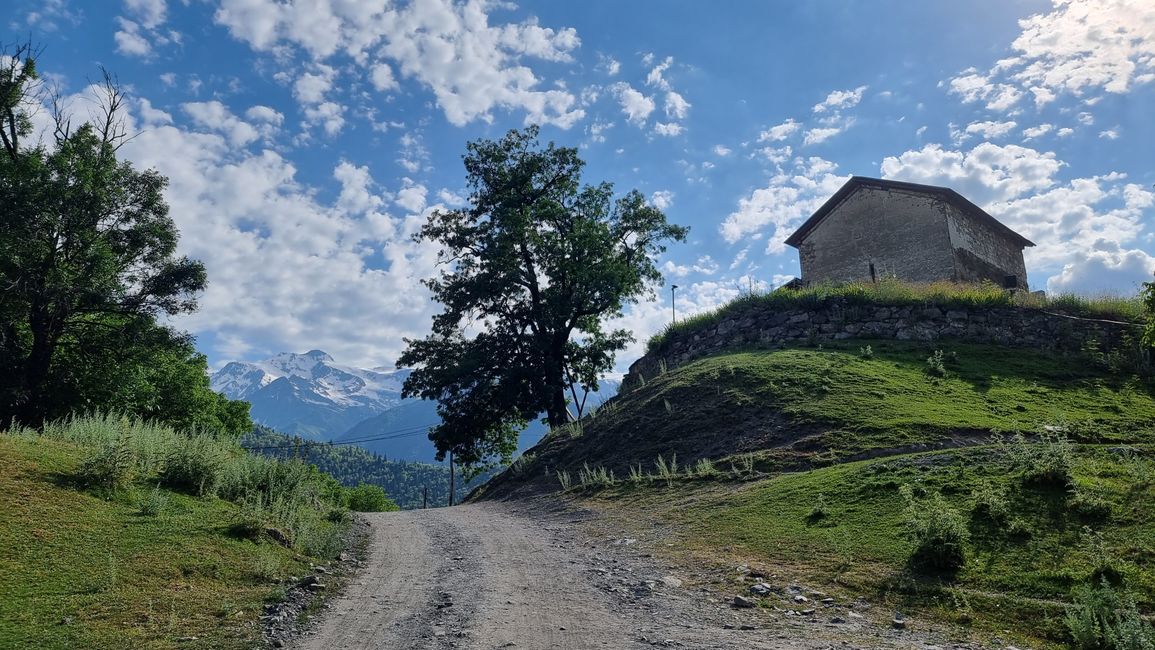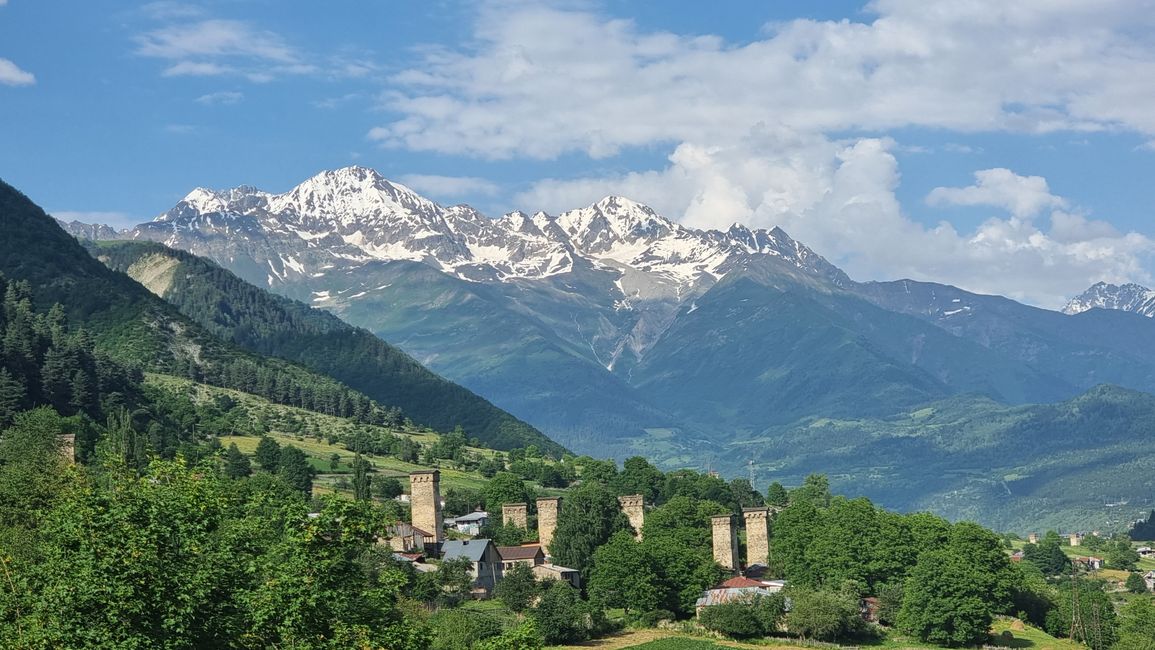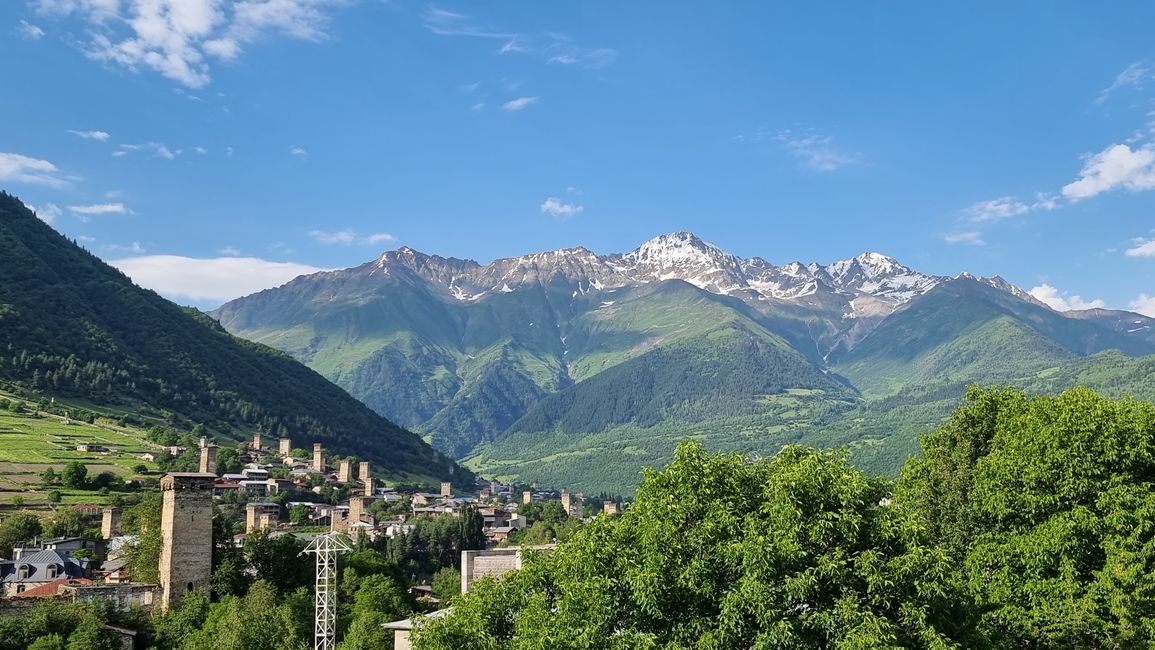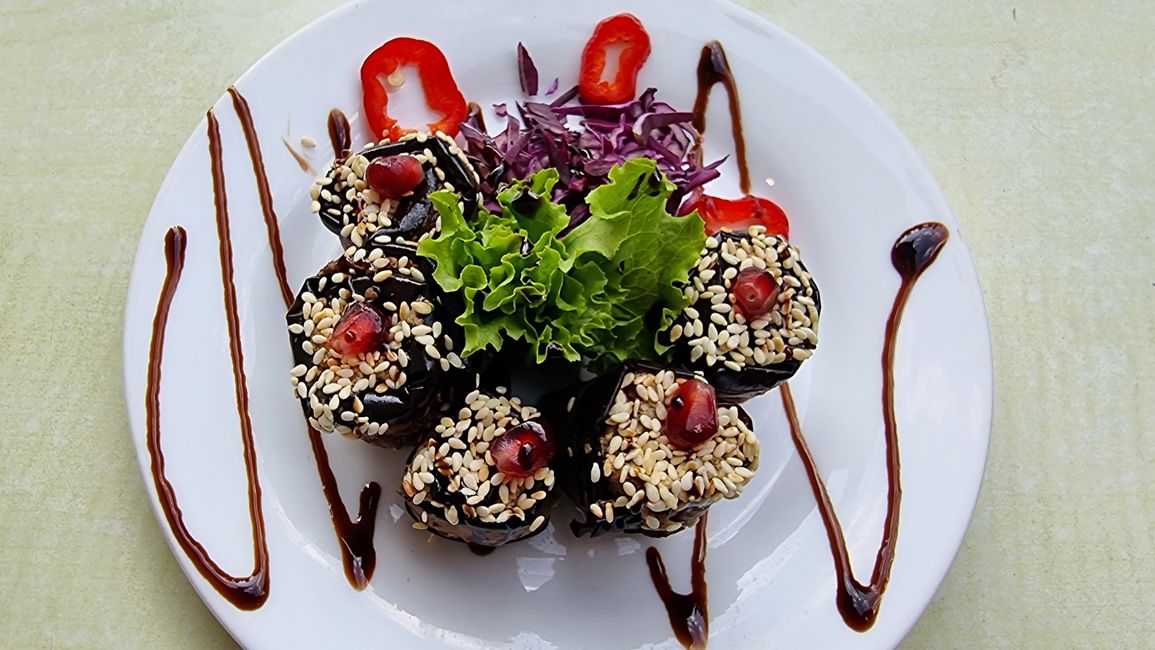Don Curry loves contrasts
Opublikowany: 10.07.2023
Don Curry occasionally likes it when his everyday life is well-ordered and regular. This brings peace to his existence and prevents any unwanted stress. Ultimately, his sophisticated vacation planning also serves this goal: it is meant to impose at least some organizing structure on the new and unknown. Curry already knows today which monastery he will visit the day after tomorrow; he doesn't have to think about it on that day. But to prevent any impression of impending monotony, Don Curry deliberately plans contrasts, as far as the traveled country allows. From the tranquil idyll of Tusheti to the bustling city life of Tbilisi. From the abundance of various shades of green in the Armenian Switzerland to the parched steppe landscape of southern Armenia. Don Curry likes such contrasts; and that's exactly what he has planned for today.
Odpowiedź
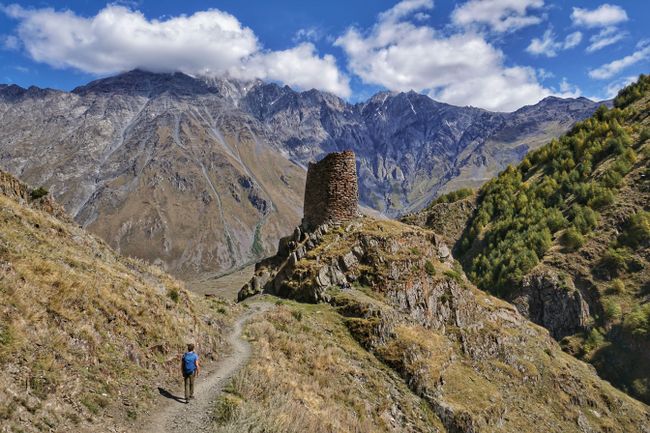
Raporty z podróży Gruzja

